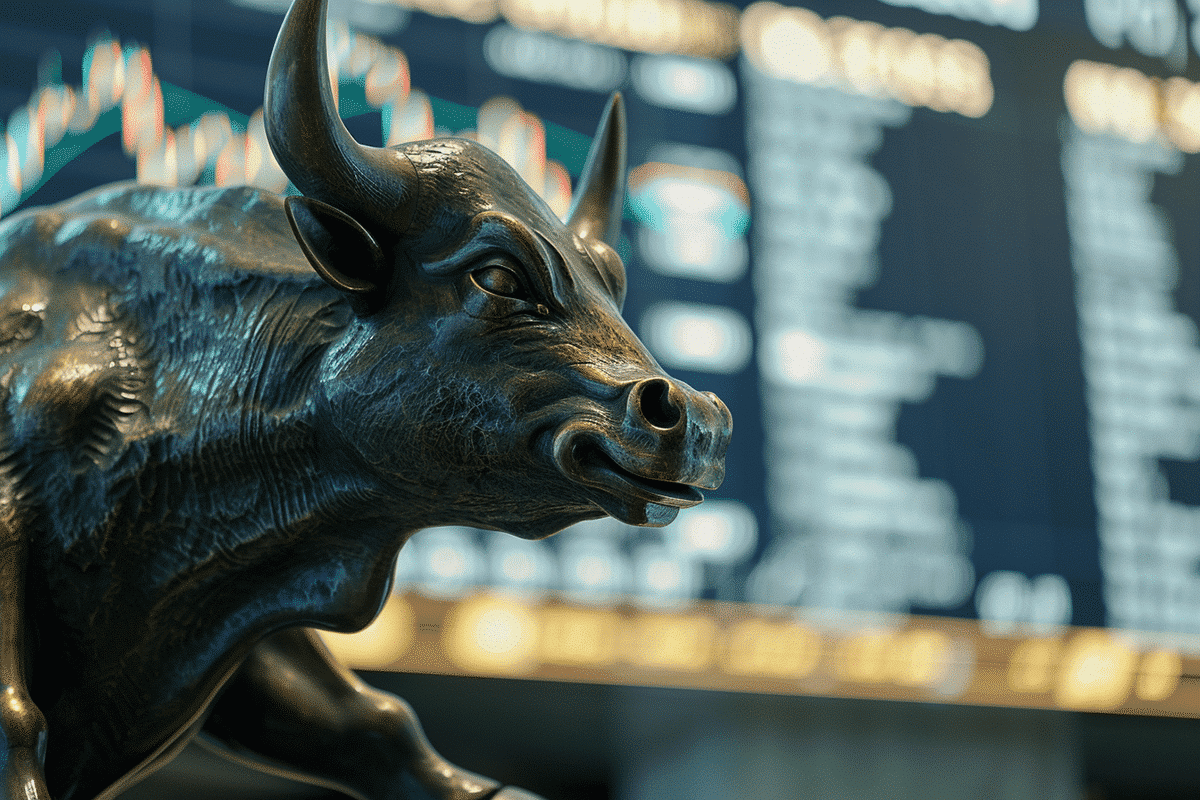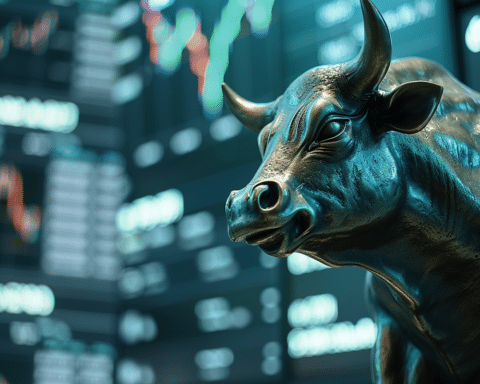The stock market has been on an impressive upward trajectory over the past couple of years. The S&P 500 has soared nearly 57% from its lowest point in late 2022, while the Dow Jones and Nasdaq have also seen substantial gains of around 37% and 77%, respectively. However, history teaches us that the market cannot continue surging indefinitely, and eventually, we will face another bear market or even a crash. While it is impossible to predict with certainty whether this will happen in 2024, examining historical trends can offer valuable insights.
Historical Insights on Bull and Bear Markets
Understanding the typical duration of bull and bear markets can help investors gauge where we might be in the current market cycle. Although no two market cycles are exactly alike, historical data reveals some notable patterns. Generally, bull markets last significantly longer than bear markets. Since 1929, the average S&P 500 bear market has lasted 286 days, with a median duration slightly shorter at 240 days.
In contrast, the average bull market between 1929 and 2023 has persisted for 1,011 days. However, this figure includes some extreme outliers, both long and short, which can skew the average. A more accurate representation might be the median duration of bull markets, which stands at 522 days.
The current S&P 500 bull market began on October 12, 2022, meaning it has already lasted 641 days as of now. This duration surpasses the median length of historical bull markets, suggesting that we are already in an extended upswing. Interestingly, recent decades have seen bull markets stretching longer. Of the last ten bull markets dating back to 1970, half have lasted at least 1,000 days. In stark contrast, during the period between 1929 and 1939, only two out of ten bull markets exceeded 200 days, with four lasting fewer than 100 days.
Looking Ahead: What the Future Holds
While many experts attempt to forecast market crashes and downturns, the reality is that short-term market movements are inherently unpredictable. However, there is a silver lining for long-term investors. Historically, the market’s long-term performance has always been positive. Despite periodic downturns, the S&P 500 has a perfect track record of recovering from even the most severe crashes.
It is crucial to remember that investors only realize losses if they sell their assets during a downturn. By holding onto investments through market fluctuations, portfolios typically recover as stock prices rebound. Therefore, maintaining a long-term perspective and avoiding panic selling are key strategies for weathering market volatility.
Strategies for Protecting Investments
The best way to safeguard investments in the face of potential downturns is to ensure a portfolio is composed of high-quality stocks. Companies with strong fundamentals are more likely to withstand economic challenges and emerge stronger. By focusing on these resilient stocks and holding them for the long term, investors can position themselves to benefit from future market upswings.
Additionally, it is important to recognize that bull markets can last several years, even if we cannot predict their exact duration. Therefore, while it is wise to stay informed about market trends and historical patterns, making drastic changes based on short-term predictions can be counterproductive.
Navigating Market Uncertainties
The stock market’s recent performance has been remarkable, but history reminds us that corrections and bear markets are inevitable. By understanding the typical durations of bull and bear markets and focusing on long-term investment strategies, investors can navigate market uncertainties more effectively. Ensuring a portfolio is filled with quality stocks and maintaining a long-term perspective will help protect investments and capitalize on future growth. As we look ahead to 2024 and beyond, staying informed and prepared will be crucial for continued success in the stock market.




